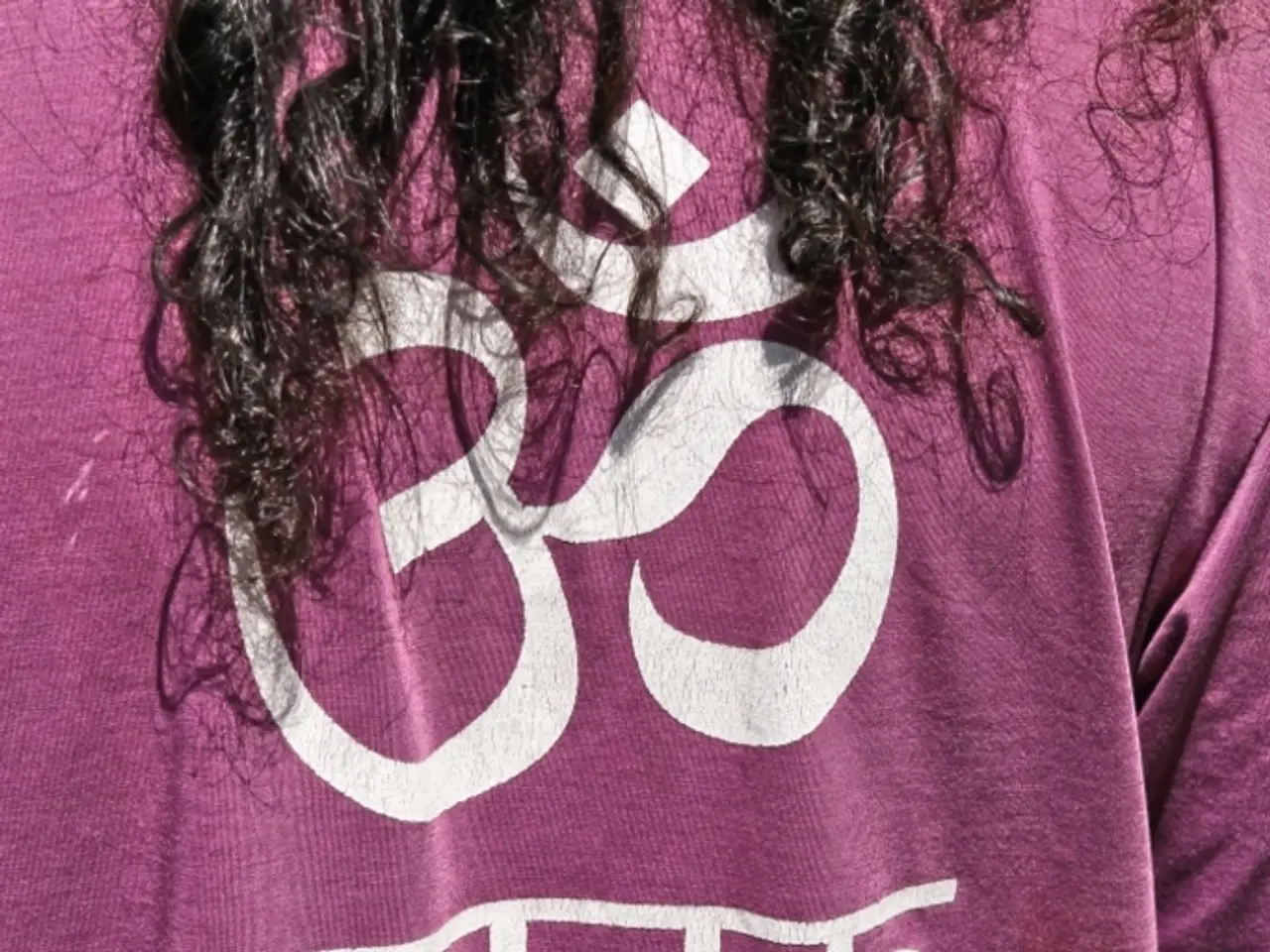Essential Information on GDPR Regulations for Yoga Instructors
The General Data Protection Regulation (GDPR), one of the strictest privacy and security laws in the world, continues to apply in the UK following Brexit, taking the form of the UK GDPR. This means that yoga teachers in the UK must comply with the UK GDPR when processing personal data of their students or clients.
Understanding Roles and Data
Under the UK GDPR, the Data Controller is the person who decides why and how the yoga students' data will be processed. If you own a yoga studio, this duty typically falls on you. The Data Subject, on the other hand, is the person whose data is being processed - your yoga student.
Compliance Requirements for Yoga Teachers
The UK GDPR requires lawful, fair, and transparent handling of personal data. To process a customer's data as a yoga teacher, you need to have one of the following legal grounds: Consent, Contractual Performance, Legal Obligations, Vital Interests, Public Interest, or Legitimate Interest.
Yoga teachers must ensure personal data is securely stored and only used for specified legitimate purposes, such as booking classes or communicating schedules. They must inform individuals about their data rights and provide access or deletion if requested.
If they process health-related data (e.g., medical info relevant to yoga practice), this is “special category data” and requires extra protection measures and explicit consent. Since the UK is no longer in the EU, if they offer services to or collect data from EU residents, separate compliance measures or appointing an EU representative may be needed.
Consequences of Non-Compliance
Non-compliance risks penalties from the UK Information Commissioner’s Office (ICO). Failure to comply with any of GDPR guidelines can result in fines of up to £17.5 million, customers requesting legal compensation from your company, and a loss of 4% of your global revenue.
Moving Forward
When using email marketing campaigns, your subjects must provide you with informed consent to do so. When conducting a data audit, you should question what personal data have you collected, do you require more of the subject's personal data, have you collected any unnecessary data, how long have you been storing this data, where is the data being stored and does the storage meet GDPR requirements, who has access to this storage, are you processing data in compliance with GDPR, and if you've had long-term yoga clients and stored their data prior to the 25th May 2018, you must ensure that this is in compliance with GDPR.
In summary, Brexit has not removed data protection obligations; it has transformed the regulatory framework from the EU GDPR to the UK GDPR, which yoga teachers must follow when handling personal data in the UK. This means data protection practices remain important, focusing on transparency, security, and respecting individual rights. For detailed compliance, yoga teachers can refer to ICO resources or seek legal advice to ensure their data practices align with UK law.
- Yoga teachers, as data controllers, must ensure they have a valid legal basis, such as consent or contractual performance, before processing their students' personal data to maintain compliance with the UK GDPR.
- In the context of health-and-wellness and fitness-and-exercise, if yoga teachers collect any special category data, they need to adopt additional protection measures and obtain explicit consent from their students.
- Non-compliance with the UK GDPR can result in severe penalties from the Information Commissioner’s Office, including fines, legal compensation claims, and a potential loss of 4% of global revenue, underlining the importance of mental-health awareness and a strong commitment to privacy and security in fitness-competition and health-and-wellness activities.




